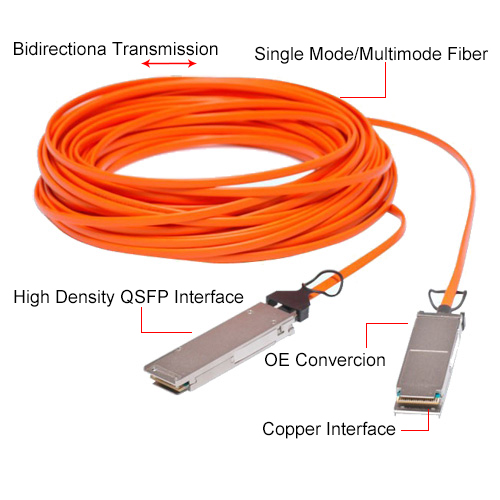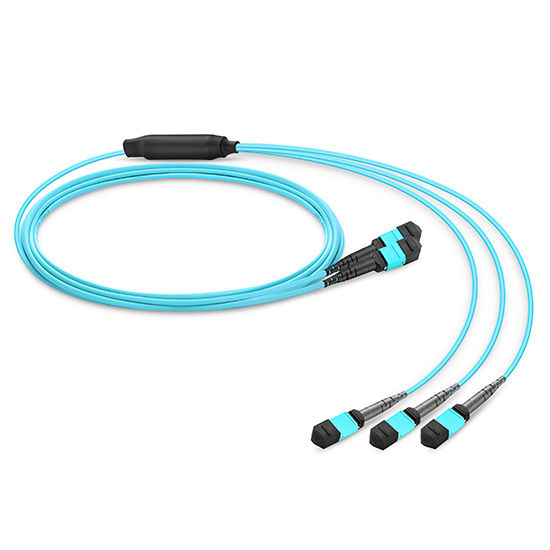CFP
CFP optical transceivers, also known as C form-factor pluggables, are common plug-and-play hot-swap transceivers.
CFP2
CFP2 optical transceivers are suited to 40G and 100G Ethernet applications and designed to meet some of the harshest operating conditions.
CFP4
In accordance with the multi-source agreement (MSA), CFP4 optical transceivers support 40Gbit/s and 100Gbit/s interfaces.
Copper SFP
Copper SFP transceivers, also known as SFP-T, are hot-swappable, small form-factor pluggables designed to support communication over copper.
CSFP
The CSFP optical transceiver stands for compact small form-factor pluggable or compact SFP. It is also referred to as a double BiDi.
QSFP
The Quad Small Form-factor Pluggable (QSFP) is a compact, hot-pluggable transceiver used for data communications applications.
QSFP+
QSFP+ optical transceivers, also known as quad small form factor plus pluggables, are compact, hot-pluggable modules.
QSFP28
The QSFP28 format allows for 4×28 Gbit/s transmission and is capable of handling 100G traffic.
SFP
SFP optical transceivers are designed to support Ethernet, fibre channel and carrier optical networking applications.
SFP+
These compact, hot-pluggable modules provide increased capacity compared to SFP, supporting data transfer to 10 Gbit/s.
X2
X2 optical transceivers are an early generation interface designed for use in 10 Gigabit Ethernet (10GbE) applications.
XENPAK
XENPAK optical transceivers are a MSA standardised form factor for high-speed 10 Gbps Ethernet (10GbE) applications.
XFP
XFP optical transceivers are hot-swappable and protocol-independent, 10 gigabit small form factor pluggables.








